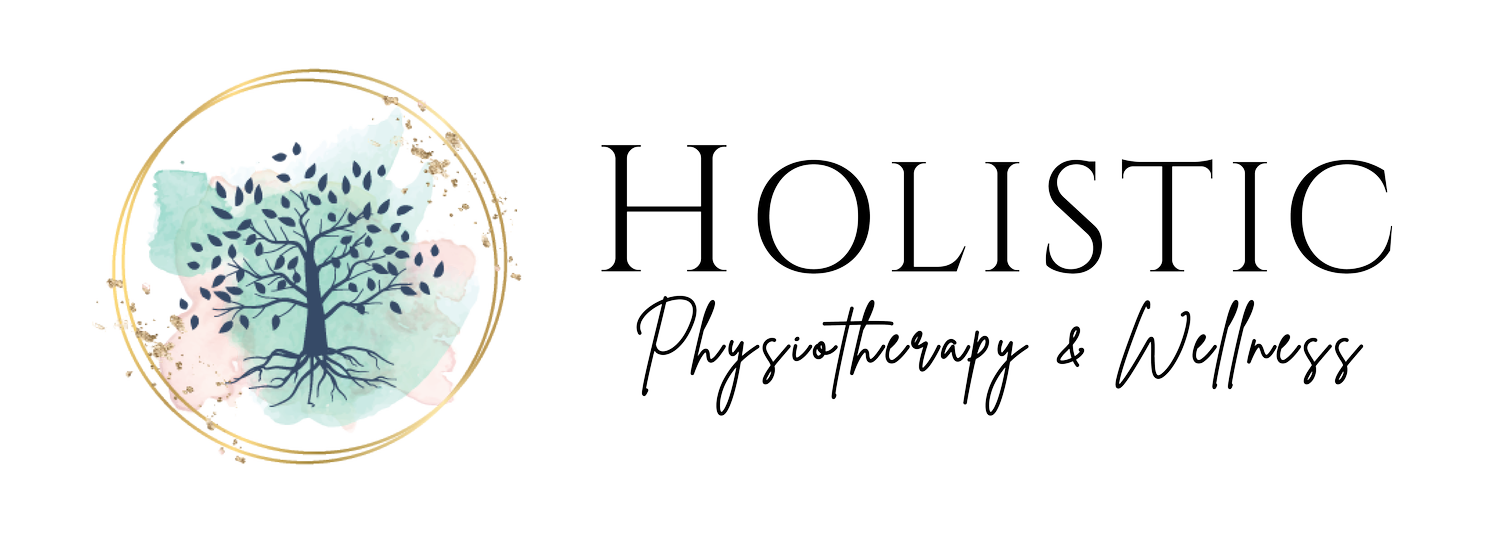The Taking Care of Your Mental Health Toolkit
By Kim Deschamps
MPT, BKin, PYT, BDN | May 15, 2023
Since the start of the pandemic, rates of anxiety and depression have been going up at an alarming rate. It can affect anyone, regardless of age, gender, ancestry, etc. That’s why it’s more important now than ever before to pay attention to your mental health, to know the signs of depression and anxiety, and to build some self-care for mental health into your daily routines.
You’re likely already familiar with the more commonly reported symptoms: loss of energy, feelings of hopelessness, sadness, or isolation, irritability, and changes in appetite or sleep patterns. Sleeping either too much or too little can be a result of mental health challenges; brain fog, substance abuse, and unexplained aches and pains can be too.
Did you know that there are preventative measures you can take to ward off -or even treat – milder forms of depression and anxiety? Several lifestyle changes can shift your perspective, ease the burdens you carry inside, and lift your spirits.
This is your mental health toolkit with 7 actionable steps you can start taking right away for a little self-TLC.
1 - Exercise: In one recent study, physical activity proved to be 1.5 times more effective than medication at reducing mild-to-moderate symptoms of depression, psychological stress, and anxiety. Robert Butler once famously said, “If exercise could be packaged in a pill, it would be the single most widely prescribed and beneficial medicine in the nation.” Walk, jog, dance, bike, swim, practice yoga, or play tennis and see what kind of difference it makes in your mood. Bonus points if nature and fresh air are involved!
2 - Turn Off the Tech: We are over-stimulated! Turn off the TV, stop dooms-scrolling through Instagram, and take a break from the relentless bad news. The world will keep turning whether you fret about it every moment or not. Do something productive instead – study a new language, practice playing the violin you haven’t picked up in a decade, or just read a good book.
3 - Focus: Now that you’ve reduced some of that external noise, focus on doing one thing – anything – at a time and doing it really well. Pick up an adult colouring book and some coloured pencils or work on a challenging Sudoku puzzle. It’s hard to worry about anything else when you have to concentrate on what you’re doing at the moment. We also recommend meditation and mindfulness to ground yourself in the present, simply existing in the here and now.
4 - Forget Perfection: It’s wonderful to have dreams, goals, and ambitions. But it’s equally important to appreciate our imperfections and accept our flaws and limitations. Setting a bar too high simply ensures that we fall short. You are a miracle just the way you are. So yes, try your best, but do so knowing that you’re human. Mistakes are simply opportunities to learn and grow.
5 – Find Your People: If you’re blessed to have loving and supportive people in your life, be intentional about spending time with them. It’s all too easy to let friendships slip away amid the demands of our busy lives. Make an effort to call or, even better, meet up in person. Go for a walk, go out to dinner, wander through a famer’s market. Any time with someone who makes you feel safe and understood is time well spent. (And if you don’t have them in your life currently, try meeting new people through community groups, classes or workshops, or wherever your interests take you. Take a chance and invite someone new to lunch – you might just make a lifelong friend!)
6 – Practice Gratitude: A gratitude practice might involve 5 or 10 minutes of meditation each day to appreciate the good things in your life, or you may prefer to keep a journal, writing down three things you are grateful for each day. By focusing on the positive instead of the negative, you’ll start to notice a shift in your mindset that boosts your mood. And once you realize and appreciate your many blessings, you might decide to give more of yourself back to the world by volunteering for a cause that is meaningful to you. This has the added benefit of an increased sense of purpose and an opportunity to meet like-minded people with good hearts.
7 – Choose Your Own Activity: When you think of relaxation, what do you imagine? A long soak in a bubble bath? A massage? A day at the beach? Whatever your little slice of heaven is, create space for yourself to do it more often. Prioritise the things that give you joy to show yourself that you are important, and that your mental health matters.
Choose 2 or 3 of the activities listed above and build them into your upcoming week. Then take a moment to evaluate any changes in your mood or behaviour.
This is by no means an exhaustive list, and is not meant to replicate the guidance of a professional mental health practitioner. This toolkit is simply meant to provide a roadmap to a happier you, one that is fulfilled and optimistic, and someone who takes charge of their own wellness.
If you want to take a deeper dive into lifestyle changes that can improve both your mental and physical health, please call us for a consultation today.
Your health matter to us.
You matter.
Kim Deschamps
MPT, BKin, PYT, BDN


